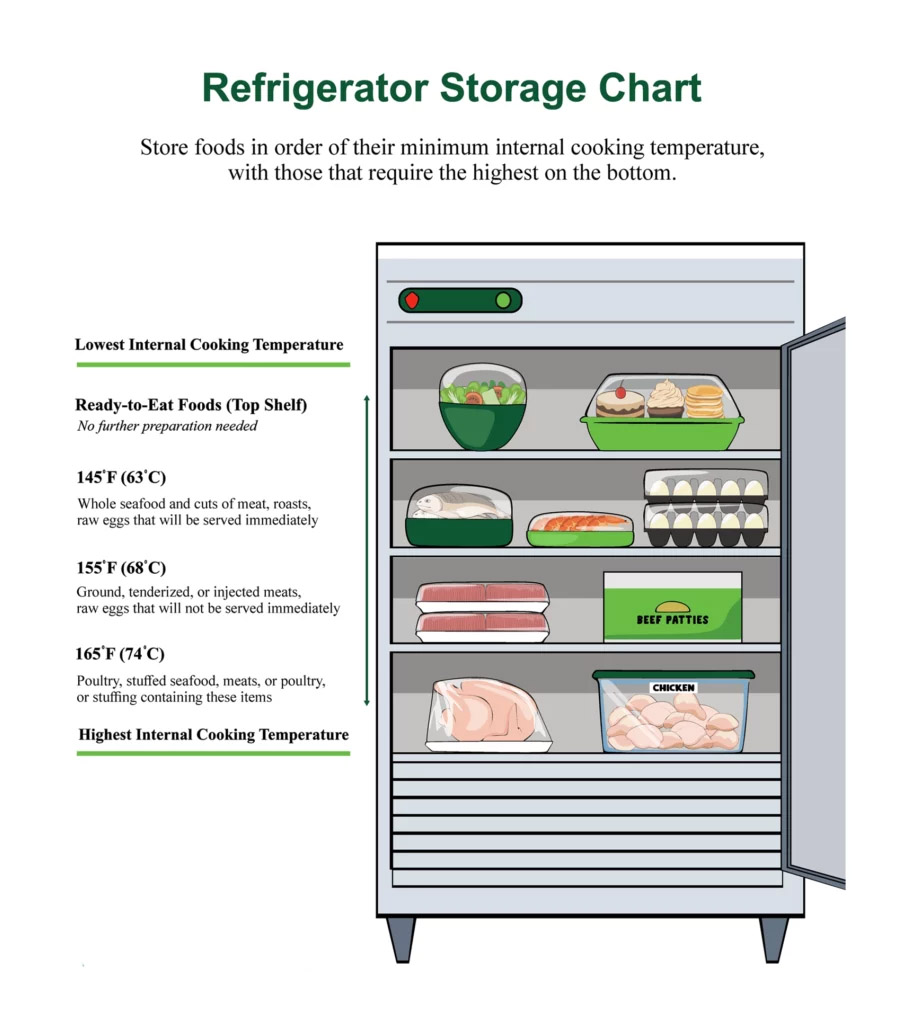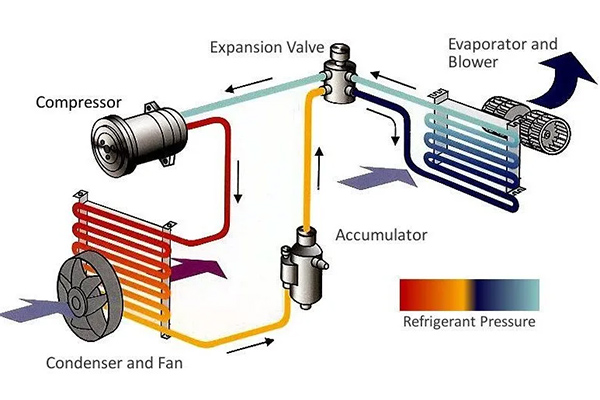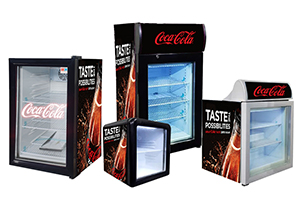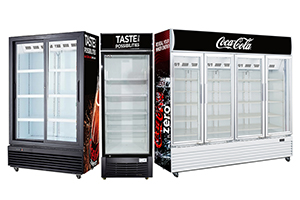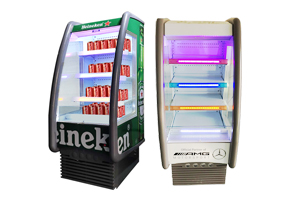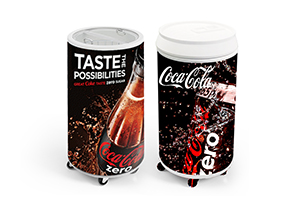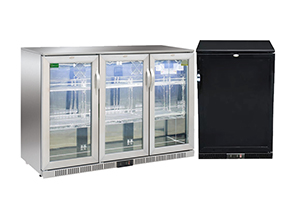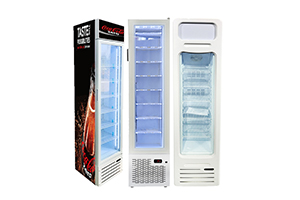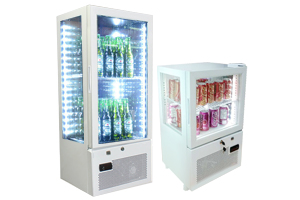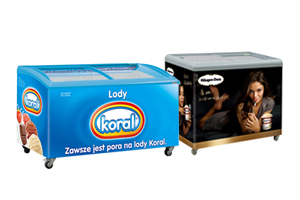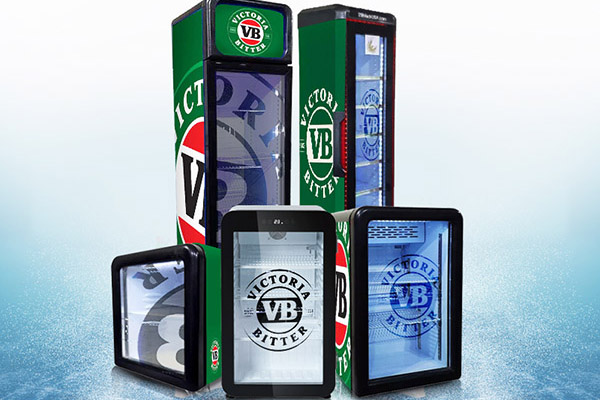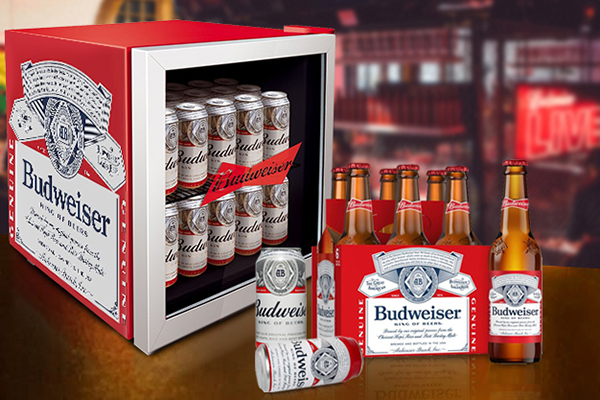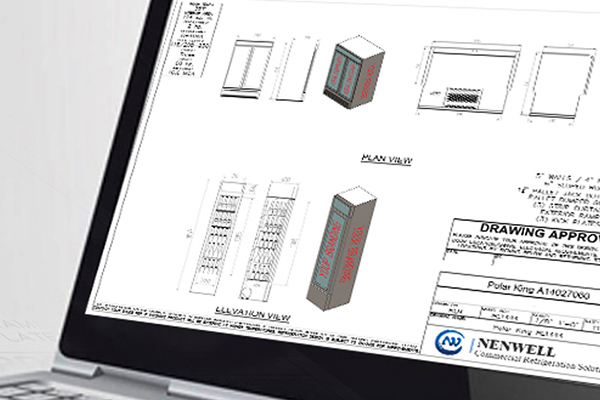Refrigerators Contribute to Preventing Bacterial Spoilage and Sustaining Food Safety
Refrigerators play a crucial role in combatting bacterial spoilage by creating an environment that inhibits or slows down the growth of bacteria. Here is an analysis of how refrigerators contribute to preventing bacterial spoilage:
Temperature Control
Refrigerators maintain a low temperature, typically between 0°C and 5°C (32°F and 41°F), which is not favorable for bacterial growth. Bacteria require warmer temperatures to thrive, and by keeping perishable food items at lower temperatures, the growth of bacteria is significantly slowed down.
Preservation of Freshness
Refrigerators help in preserving the freshness of food items by slowing down the enzymatic and bacterial reactions that lead to spoilage. Bacteria require moisture, oxygen, and suitable temperatures to grow, and refrigeration helps create an unfavorable environment by reducing moisture and oxygen levels.
Extended Shelf Life
By inhibiting bacterial growth, refrigeration extends the shelf life of perishable food items. This is particularly important for foods that are prone to bacterial spoilage, such as dairy products, meats, and seafood. The lower temperatures in refrigerators slow down the growth of bacteria, allowing consumers to safely consume these items for a longer period.
Prevention of Cross-Contamination
Refrigerators help prevent cross-contamination by providing separate storage compartments for different food items. This reduces the risk of bacteria from raw meats or spoiled food coming into contact with other fresh food items. Proper organization and storage practices within the refrigerator further minimize the chances of bacterial contamination.
Maintenance of Food Quality
Refrigerators help maintain the quality of food items by preserving their nutritional value, texture, and flavor. Bacterial spoilage can lead to the production of toxins and off-flavors, which can be avoided by storing food in refrigerated conditions.
However, it is important to note that refrigerators alone cannot completely eliminate the risk of bacterial spoilage. Proper handling, storage, and hygiene practices are also essential. Here are some additional tips to combat bacterial spoilage:
- Keep raw meats, poultry, and seafood in sealed containers or separate compartments to prevent cross-contamination.
- Store leftovers promptly in the refrigerator to prevent bacterial growth.
- Regularly clean and sanitize the refrigerator to eliminate any potential bacterial contamination.
- Check and maintain proper temperature settings in the refrigerator to ensure optimal performance.
- Follow the recommended storage guidelines for specific food items to maximize their freshness and safety.
In conclusion, refrigerators play a vital role in combating bacterial spoilage by creating a controlled environment that inhibits bacterial growth and extends the shelf life of perishable food items. Proper refrigeration practices, along with good hygiene and storage practices, are essential for preventing bacterial spoilage and ensuring food safety.
Bacterial spoilage can be identified by various signs and symptoms
Here are some common indicators of bacterial spoilage in food:
1. Foul Odor: Bacterial growth in food can produce unpleasant or off-putting odors. If you notice a strong, sour, or rancid smell coming from food, it may be an indication of bacterial spoilage.
2. Unusual Texture or Appearance: Bacteria can cause changes in the texture or appearance of food. This can include sliminess, stickiness, or a mushy consistency. Additionally, food may develop mold, discoloration, or a fuzzy or slimy surface, which can be signs of bacterial contamination.
3. Abnormal Taste: Bacterial spoilage can result in a distinct and unpleasant taste. The food may taste sour, bitter, or generally different from its normal flavor. This change in taste can be an indication of bacterial growth.
4. Gas Production or Swelling: Certain bacteria can produce gas during their growth, leading to the swelling or bloating of food packaging. If you notice bulging or expanded packages, it could be a sign of bacterial spoilage.
5. Visible Mold Growth: While mold is not always caused by bacteria, it can be an indicator of spoilage. Mold growth on food indicates a favorable environment for microbial growth, including bacteria. Therefore, the presence of visible mold can suggest bacterial contamination as well.
It's important to note that not all bacterial spoilage is easily detectable through sensory indicators alone. Some bacteria may not produce noticeable signs or symptoms, making it essential to practice good food safety habits, follow recommended storage guidelines, and adhere to expiration dates. If you suspect bacterial spoilage in food, it is advisable to discard it to avoid the risk of foodborne illness. When in doubt, it is always better to err on the side of caution and prioritize food safety.
The Difference Between Static Cooling And Dynamic Cooling System
Compare with static cooling system, dynamic cooling system is better to continuously circulate the cold air around inside the refrigeration compartment...
Working Principle Of Refrigeration System – How Does It Work?
Refrigerators are extensively used for residential and commercial application to help store and keep food fresh for longer, and prevent spoilage ...
7 Ways to Remove Ice from a frozen Freezer (the Last Method Is Unexpected)
Solutions to removing ice from a frozen freezer including cleaning the drain hole, changing the door seal, manual removing the ices ...
Products & Solutions For Refrigerators And Freezers
Retro-Style Glass Door Display Fridges For Beverage & Beer Promotion
Glass door display fridges can bring you something a little different, as they are designed with an aesthetic appearance and inspired by the retro trend ...
Custom Branded Fridges For Budweiser Beer Promotion
Budweiser is a famous American brand of beer, which was first founded in 1876 by Anheuser-Busch. Today, Budweiser has its business with a significant ...
Custom-Made & Branded Solutions For Refrigerators & Freezers
Nenwell has extensive experience in customizing & branding a variety of stunning and functional refrigerators & freezers for different businesses...
Post time: Jun-21-2023 Views:

